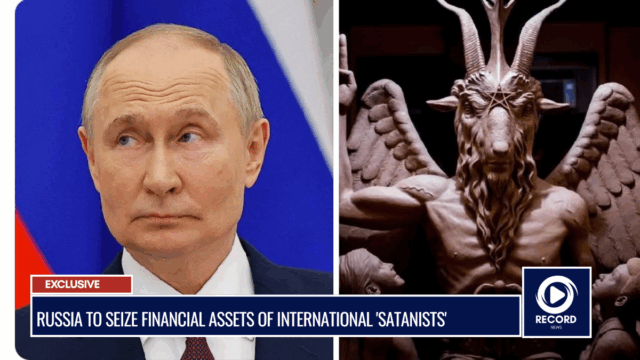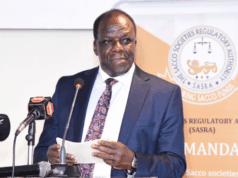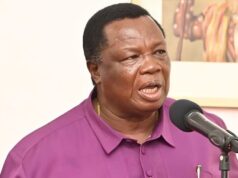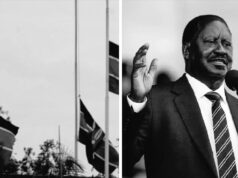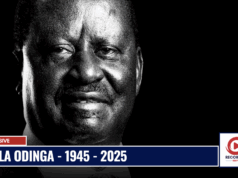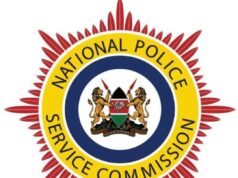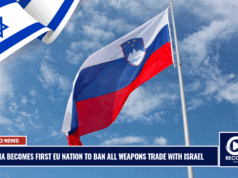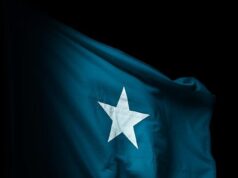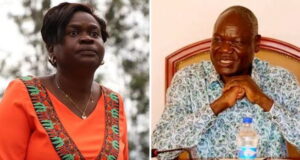Russia has expanded its crackdown on groups labeled extremist by adding the so-called “international Satanism movement” to its financial blacklist. The decision, announced by Rosfinmonitoring, allows authorities to freeze bank accounts and confiscate assets of individuals accused of being linked to the movement, even if they have never been convicted of a crime.
The move follows a July ruling by the Supreme Court declaring the movement extremist. Prosecutors claimed its members desecrated Orthodox churches, promoted hatred, and had ties to radical nationalism and neo-Nazism.
Critics warn the term “international Satanism movement” is vague and lacks legal definition. They argue the Kremlin has increasingly weaponized such classifications to target political opponents and suppress dissent. In recent years, Russia has also banned what it calls the “international LGBT movement” and several separatist organizations.
Supporters of the ban, including leaders of the Russian Orthodox Church, say it protects national and spiritual security. Patriarch Kirill has accused Satanists of corrupting youth and undermining religious values.
The scope of enforcement remains unclear, with no reliable data on how many alleged members exist. Legal experts caution that the broad wording of the law risks sweeping up artists, activists, and subcultures under the label of extremism.
The blacklist update gives the state immediate financial tools against those deemed part of the movement, signaling a further tightening of Russia’s definition of extremism.


